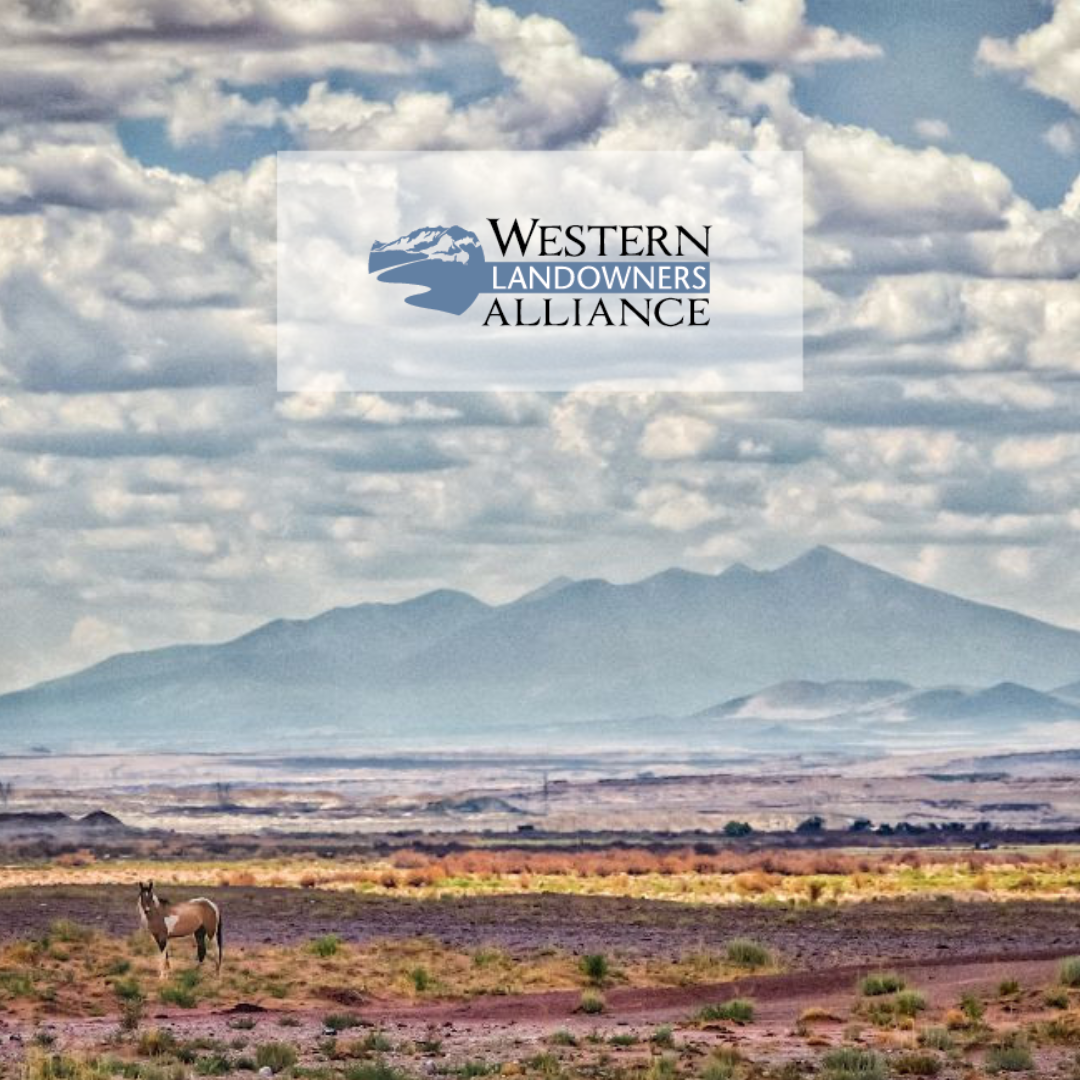Mexican Wolf/Livestock Coexistence Council Unveils Innovative Strategic Plan
For Release: March 25, 2014
The Mexican Wolf/Livestock Coexistence Council (Coexistence Council), an 11-member volunteer group of livestock producers, tribes, environmental groups, and county coalitions, has developed an innovative Strategic Coexistence Plan (Coexistence Plan), to reduce wolf/livestock conflicts and the need for management removals of depredating or nuisance wolves. The goals of the Coexistence Plan are to sustain viable ranching, protect healthy western landscapes, and advance a wild, self-sustaining Mexican gray wolf population.
In April 2011, the Southwest Regional Director of the U.S. Fish and Wildlife Service appointed the Coexistence Council to direct disbursement of the Mexican Wolf/Livestock Interdiction Trust Fund (Trust Fund) to qualified applicants. The Trust Fund is administered by the non-profit National Fish and Wildlife Foundation.
The Coexistence Council has now completed the Coexistence Plan, which provides the basis for the disbursement of these funds. The Coexistence Plan is comprised of three core strategies: payments for wolf presence, funding for conflict avoidance measures, and funding for depredation compensation.
Payments to livestock producers for wolf presence will be based on a formula that considers a variety of factors to determine allocation of the annual funding for each applicant, including whether the applicant’s land or grazing lease overlaps a wolf territory or core area (e.g., den or rendezvous area) and the number of wolf pups annually surviving to December 31 in the territory, recognizing that survival of wolf pups is not dependent upon the livestock producer. The formula also considers the number of livestock exposed to wolves and the applicant’s participation in proactive conflict avoidance measures.
Up to 50% of the yearly budgeted funds will be available to sup¬port the voluntary implementation of wolf/livestock proactive conflict avoidance measures by livestock producers. Adaptive management techniques are available to reduce wolf/livestock conflicts, at the discretion of the livestock producer.
Direct compensation will continue for confirmed livestock deaths or injuries caused by Mexican wolves to livestock producers who are not otherwise receiving payments for wolf presence funding under the Coexistence Plan, unless they require immediate reimbursement. In such cases, the reimbursement amount will be subtracted from the payment for wolf presence allocation to that livestock producer.
The intent of the Coexistence Plan is to recognize that there are real economic consequenc¬es to livestock producers coexisting with wolves in Arizona and New Mexico. In addition to losses from livestock depredations, livestock producers incur costs from undetected depredations and changes in livestock behavior in response to wolf presence, which result in a reduction of livestock weight gain, reproductive rates, and meat quality, as well as increased costs tied to managing wolf/livestock interactions. The Coexistence Plan creates incentives for ranching in ways that promote self-sustaining Mexican wolf populations, viable ranching operations, and healthy western landscapes.
“Recovering the Mexican wolf must be accomplished on a working landscape,” said Benjamin Tuggle, the U.S. Fish & Wildlife Service’s Southwest Regional Director. “Working collaboratively with stakeholders, we can achieve a balance of activities that sustain economically viable ranching operations and a self-sustaining population of wild wolves. This plan is a significant step in that direction.”
The Coexistence Council will work with the National Fish and Wildlife Foundation to disburse available funds to affected livestock producers based on the plan’s funding formula and a yearly application process. Livestock producers with private lands, Tribal lands, or grazing allot¬ments in the Blue Range Wolf Recovery Area (BRWRA), the Fort Apache Indian Reservation, or the San Carlos Apache Reservation, and private lands adjacent to the BRWRA are eligible to apply for funding. The Coexistence Plan budget projection for year 1 is $634,000.
The amount of money available each year through the Coexistence Council’s plan will depend on private and public funding directed to support the Trust Fund, with available Fund balances being divided among eligible livestock producers who have applied to participate in the program. Applications to participate are due by May 1 of each year.
Contacts: Sisto Hernandez: Chairman, Coexistence Council 928.338.1404
Howard Hutchinson: Secretary/Treasurer, Coexistence Council 505.629.1303, cell 505.379.9243
Jeff Humphrey: External Affairs, US Fish and Wildlife Service 602.242.0210 x 222
For more information, visit the Coexistence Council website: www.coexistencecouncil.org
The mission of the U.S. Fish and Wildlife Service is working with others to conserve, protect, and enhance fish, wildlife, plants, and their habitats for the continuing benefit of the American people. We are both a leader and trusted partner in fish and wildlife conservation, known for our scientific excellence, stewardship of lands and natural resources, dedicated professionals, and commitment to public service. For more information on our work and the people who make it happen, visit www.fws.gov. Connect with our Facebook page at www.facebook.com/usfws, follow our tweets atwww.twitter.com/usfwshq, watch our YouTube Channel at http://www.youtube.com/usfws and download photos from our Flickr page at http://www.flickr.com/photos/usfwshq.
-FWS-
Jeff Humphrey
Public Outreach Specialist
Fish and Wildlife Service
2321 West Royal Palm Road, Suite 103
Phoenix, Arizona 85021
Join WLA to stay up to date on the most important news and policy for land stewards.
Become a member for free today and we will send you the news and policy developments critical to the economic and ecological health of working lands.
WLA works on behalf of landowners and practitioners throughout the West. We will never share your contact information with anyone.
